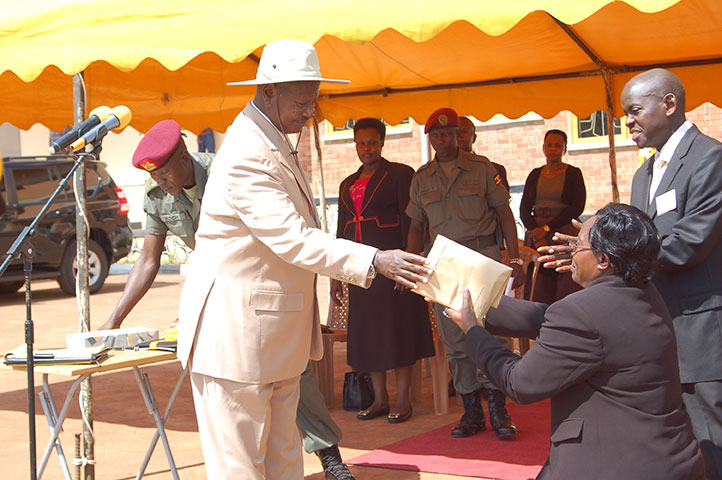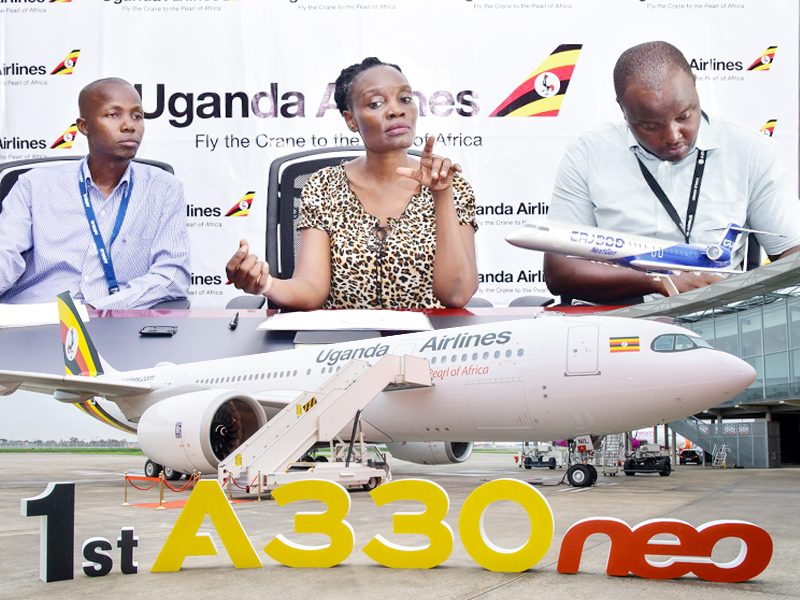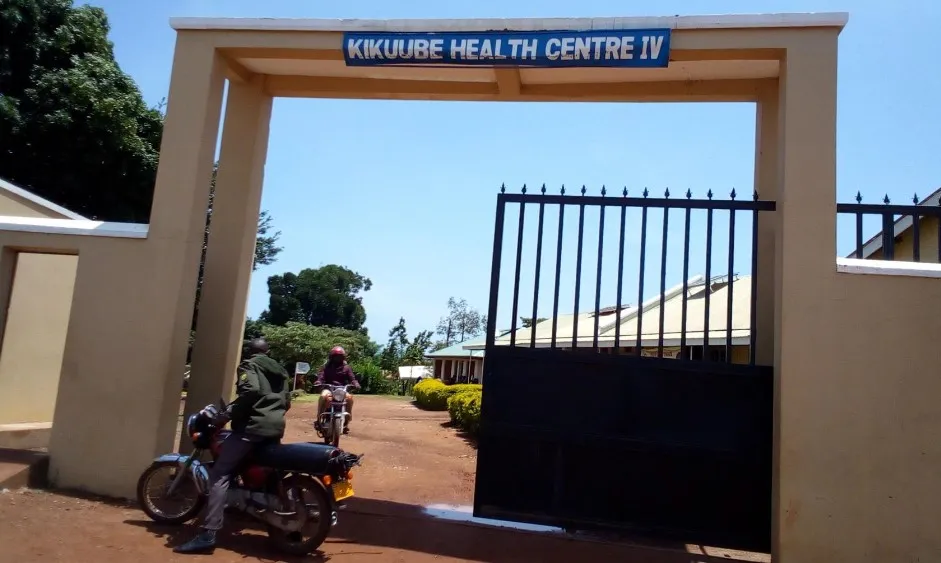Recently, reports surfaced regarding Ugandan Members of Parliament (MPs) receiving a cash bailout of 50 million Ugandan Shillings each, purportedly linked to their passage of a 3.5 trillion supplementary budget last year. It’s alleged that this payment was the second installment of a deal involving a total of 100 million Shillings per MP.
According to reliable sources from both State House and Parliament, despite earning substantial salaries and allowances, many MPs are facing significant financial difficulties. Despite being among the highest-paid government officials, President Museveni was reportedly surprised to learn about their financial struggles.
MPs reportedly cited various financial challenges, including loans, debts, and the need to meet demands from their constituents, such as funeral contributions, school fees assistance, healthcare costs, and community donations. Additionally, with the 2026 elections looming, MPs expressed concerns about funding their reelection campaigns.
In response to these concerns, President Museveni directed that each MP, regardless of party affiliation, receives a cash bailout of 50 million Shillings. This allocation was reportedly drawn from a classified budget to address the MPs’ financial hardships.
Simultaneously, it has come to light that MPs benefit significantly from the Speaker’s Corporate Social Responsibility (CSR) budget, amounting to 3.6 billion Shillings. The CSR funds are disbursed to MPs for personal and constituency-related financial issues, with over 300 MPs reportedly benefiting from these allocations.
| Government Office | CSR Allocation (in Billion UGX) |
|---|---|
| Speaker of Parliament | 3.6 |
| State House | 59 |
| President | 77 |
| Vice President | 4.2 |
| Prime Minister | 3.7 |
| Deputy Prime Ministers | 0.954 each |
| Government Chief Whip | 1.8 |
| Deputy Speaker | 1.8 |
| National Council for Sports | 2 |
These CSR funds, not only limited to the Speaker’s office but also allocated to various government institutions, are typically dispensed in cash due to the nature of beneficiaries, which include churches, mosques, schools, women’s groups, and individuals. The beneficiaries often do not have records in the government’s financial systems like EFMIS (Electronic Financial Management Information System).
The disbursement of CSR funds involves withdrawing money from the bank by parliament staff on behalf of the Speaker and distributing it in cash to various beneficiaries. Despite the cash disbursement, proper accounting measures are maintained to track the expenditure.
While the CSR funds cater to diverse community needs, including social, educational, and religious initiatives, questions have arisen regarding the transparency and oversight of these allocations. However, it’s important to note that all CSR expenditures are properly budgeted and approved by parliament.
In light of these revelations, the cash bailout to MPs raises broader questions about financial management, government spending, and the accountability mechanisms in place to ensure the judicious use of public funds.




















